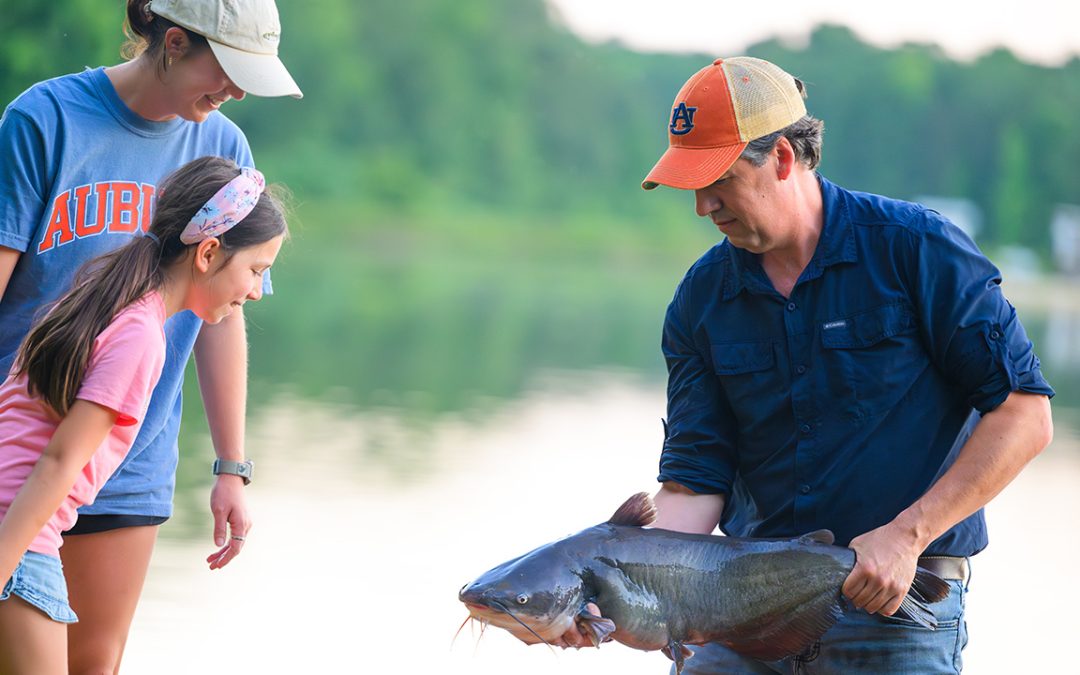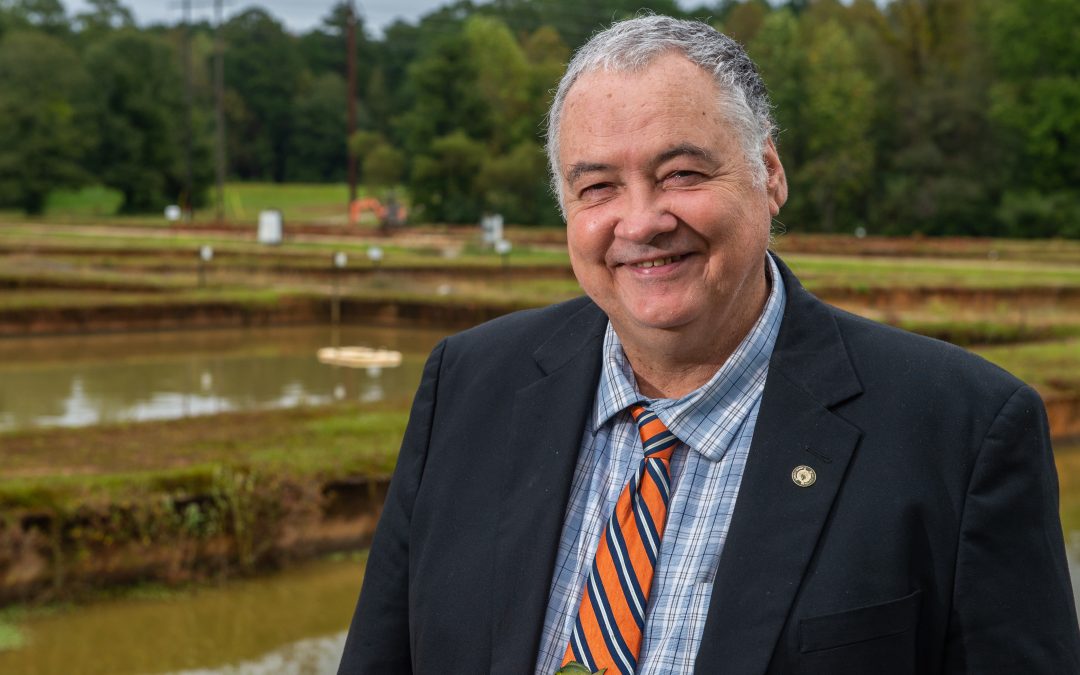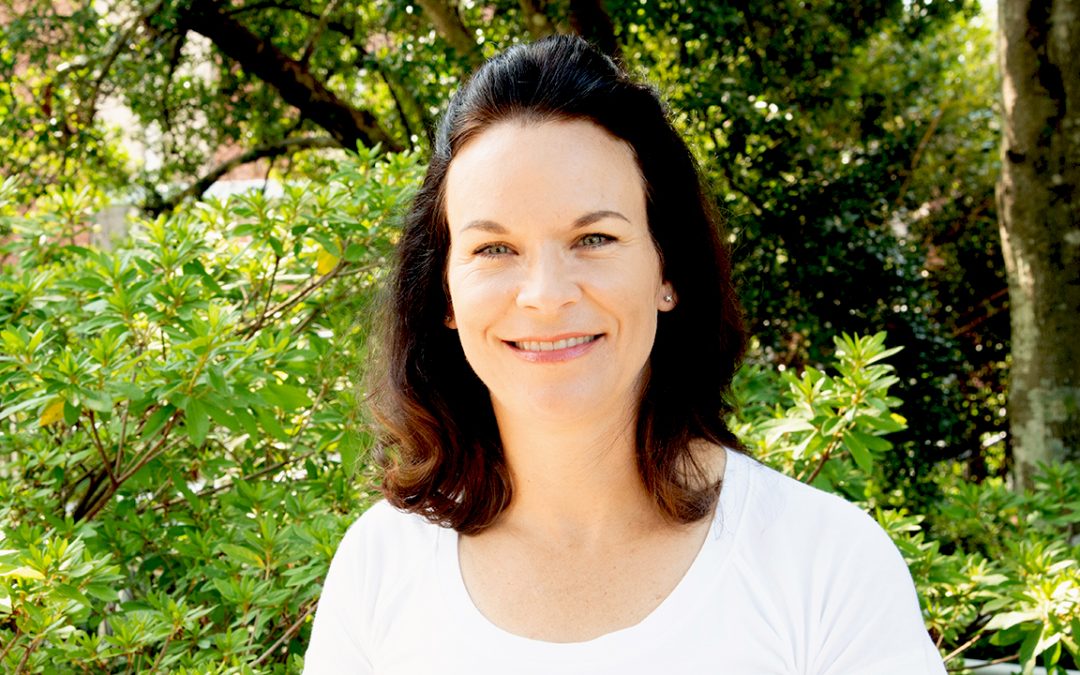Auburn Fisheries Pioneer Explains Why Alabama Agriculture Can’t Catch Up
by
 Sisyphus was a cruel, conniving mythological king of Corinth whose ultimate punishment was an eternity in Hades, pushing a large boulder up a hill, watching it roll back down as he neared the top and then starting over, and over, forever. The author of a new book on the history of U.S. and Alabama food and fiber production from prehistoric to modern times likens Alabama agriculture to Sisyphus’s struggle—endless, toilsome and futile.
Sisyphus was a cruel, conniving mythological king of Corinth whose ultimate punishment was an eternity in Hades, pushing a large boulder up a hill, watching it roll back down as he neared the top and then starting over, and over, forever. The author of a new book on the history of U.S. and Alabama food and fiber production from prehistoric to modern times likens Alabama agriculture to Sisyphus’s struggle—endless, toilsome and futile.
Eddie Wayne Shell has a suggestion for folks who buy his new book.
“It makes a mighty good doorstop,” he says. “You sure can’t do much else with it.”
At first glance, you might be tempted to agree. The 880-page volume is just shy of 2 inches thick, weighs in at 5.2 pounds and, from cover to cover, is nothing but text. Not the first picture, table or illustration to be found, page after 8 ½- by-11-inch page.
The title—“Evolution of the Alabama Agroecosystem: Always Keeping Up but Never Catching Up”—might be off-putting, too.
But don’t let those details scare you away, because the exhaustive narrative that Shell, an Auburn University professor emeritus in fisheries, has produced is an absorbing, surprisingly readable account of how geological, biological, cultural, economic and political characteristics over the past 350 million years have shaped the state’s agricultural ecosystem. Most of the book’s focus, however, is on changes that have taken place in the past two centuries.
“Since the USDA started collecting data, corn and soybean yields, milk-per-cow and rental rates for cropland in Alabama and the South have been much lower than Midwestern states,” Shell says. “The book explores the role of ecosystem characteristics in the evolution of our generally poorly competitive agriculture, and, in turn, how uncompetitive agriculture has led to a poorly performing overall economy.”
Montgomery-based NewSouth Books released Shell’s magnum opus in January, but the hardback is only about half of the story. The rest—
1,500 figures and tables referenced in the text—are available online only.
“I wish they were in the book where I meant for them to be, but the thing would have to come with wheels attached so you could move it,” Shell says.
Born in 1930 in rural Butler County, Alabama, Shell grew up helping his father make a go of a chicken-and-egg operation and, later, helping his grandfather fight a ceaseless battle to keep the family’s subsistence-level row-crop operation afloat. Realizing the limited future farming held for him, Shell enrolled in Alabama Polytechnic Institute, where he earned his bachelor’s and master’s degrees in fisheries management.
He completed his Ph.D. at Cornell University and in 1959 returned to Auburn as a fisheries department faculty member. In his 35 years on the faculty—20 of those as head of what now is the School of Fisheries, Aquaculture and Aquatic Sciences—Shell played a pivotal role in developing Alabama’s commercial catfish industry and in building Auburn fisheries into one of the top programs of its kind in the world. He is the namesake of the E.W. Shell Fisheries Center on Auburn’s North Auburn campus.
Though Shell has long had vivid memories of his family’s farming struggles, he says it wasn’t until the 1980s, when he started working in Extension programs statewide, that he realized the sad state of Alabama agriculture.
“I was shocked,” he says. “Nobody had ever told me how unbelievably uncompetitive Alabama agriculture is. I thought, ‘How can this be?’ I kept thinking about that, and finally I promised myself that, once I retired, I was going to find out if that was true and, if it was, what makes it so, and then write a book about it.”
He retired from Auburn in 1994 and, taking breaks now and then to RV with wife Jean, launched the mammoth project that would become “Evolution.”
“Evolution of the Alabama Agroecosystem” is, for Shell, a life goal achieved. But he isn’t shutting down his computer just yet; already, the 83-year-old is working on his next book, a complete history of the Auburn fisheries program. He has found that penning books has its rewards.
“Writing sure has got me out of a lot of yard work over the last 19 years,” Shell says. “Any time Jean tells me I need to go do such-and-such out in the yard, I just say, ‘I can’t right now; I’ve got to finish this book.’”
“Evolution of the Alabama Agroecosystem” is available from the AU Bookstore,Amazon.com and NewSouth Books.




